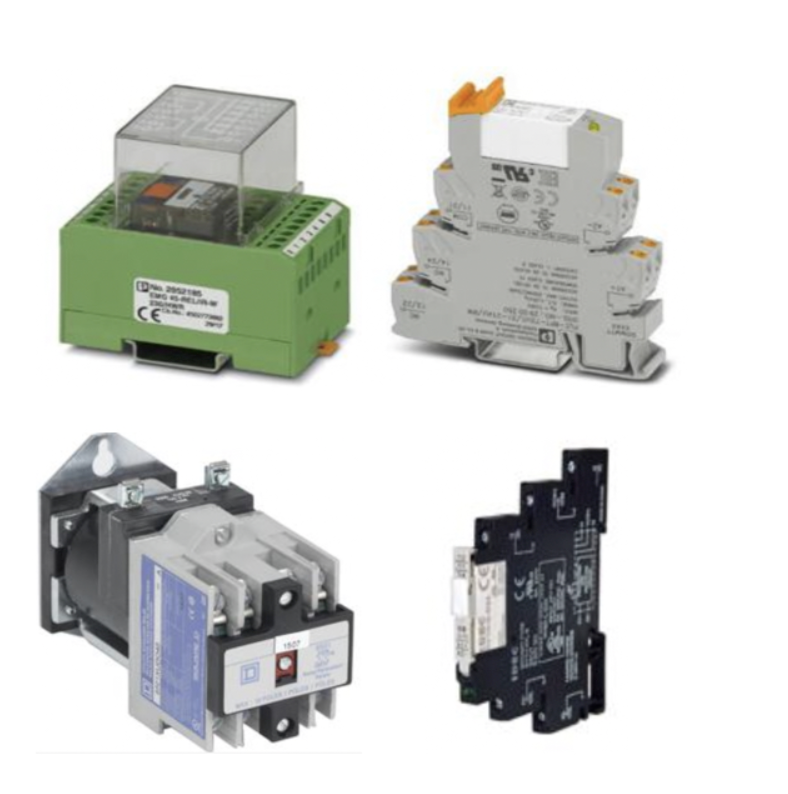In the world of industrial automation, the use of Programmable Logic Controllers (PLCs) has revolutionized the way processes are controlled and monitored. PLCs offer numerous advantages over traditional mechanical relays, providing enhanced functionality, flexibility, and efficiency. In this article, we will delve into the key advantages of PLCs over mechanical relays, highlighting their impact on industrial automation systems.
- Flexibility and Adaptability:
One of the primary advantages of PLCs is their inherent flexibility and adaptability. Unlike mechanical relays, which are limited in their functionality and require physical rewiring for any changes, PLCs can be easily reprogrammed to accommodate new processes or modifications. This flexibility allows for quick and seamless adjustments, reducing downtime and increasing overall productivity. - Enhanced Functionality:
PLCs offer a wide range of advanced features and capabilities that surpass the limitations of mechanical relays. With the ability to handle complex logic operations, mathematical calculations, and data processing, PLCs enable sophisticated control strategies. They can integrate with various sensors, actuators, and communication networks, providing a comprehensive solution for automation needs. Additionally, PLCs support remote monitoring and control, enabling real-time data analysis and decision-making. - Improved Reliability and Safety:
Mechanical relays are prone to wear and tear due to their moving parts, leading to potential failures and system downtime. PLCs, on the other hand, are solid-state devices, eliminating the need for mechanical switching. This inherent reliability ensures consistent operation and reduces maintenance requirements. Furthermore, PLCs offer built-in safety features such as fault detection, emergency shutdown, and fail-safe mechanisms, enhancing overall system safety. - Efficient Troubleshooting and Diagnostics:
PLCs provide advanced troubleshooting and diagnostic capabilities, simplifying the identification and resolution of issues. With comprehensive error logging, real-time monitoring, and remote access, PLCs enable efficient troubleshooting, reducing downtime and minimizing production losses. Additionally, PLCs offer self-diagnostic features, detecting faults and providing detailed error reports, facilitating quick repairs and preventive maintenance. - Cost-Effectiveness:
While the initial investment in PLCs may be higher compared to mechanical relays, their long-term cost-effectiveness is undeniable. PLCs offer increased energy efficiency, optimized resource utilization, and reduced maintenance costs. The ability to integrate multiple functions into a single device eliminates the need for additional hardware, saving space and reducing overall system complexity. Moreover, the flexibility of PLCs allows for future expansions and upgrades without significant infrastructure changes.
Conclusion:
The advantages of PLCs over mechanical relays are clear, making them the preferred choice for industrial automation systems. Their flexibility, enhanced functionality, reliability, safety features, efficient troubleshooting, and cost-effectiveness contribute to improved productivity, reduced downtime, and streamlined operations. As technology continues to advance, PLCs will undoubtedly play a crucial role in shaping the future of automation, enabling smarter and more efficient industrial processes.

